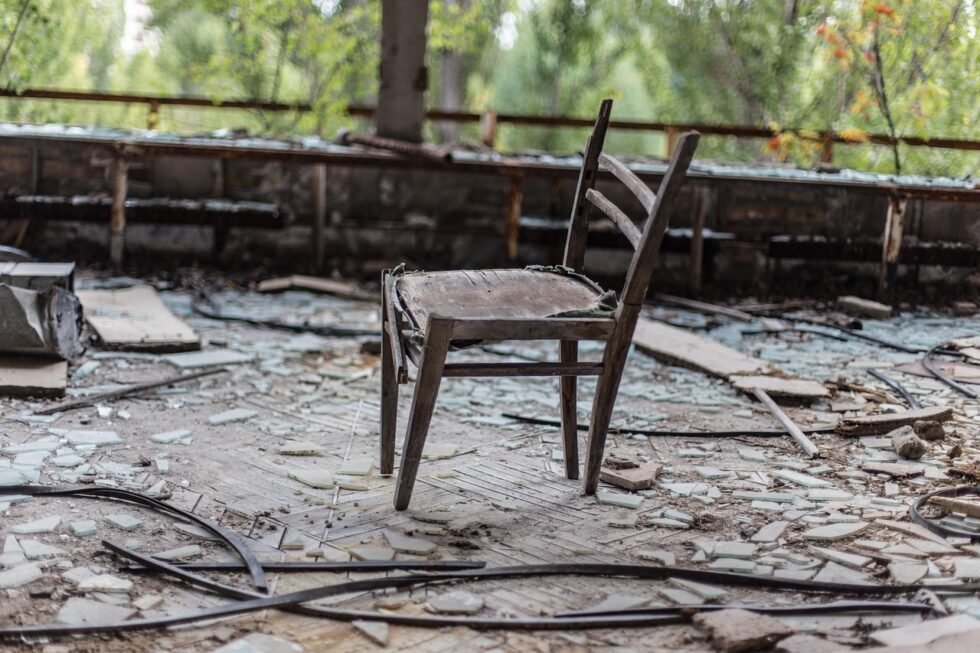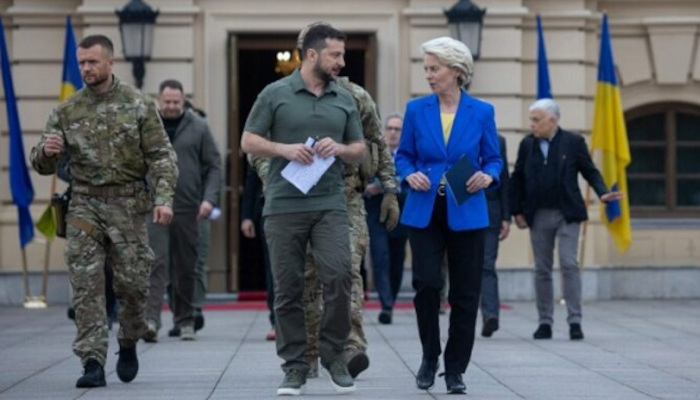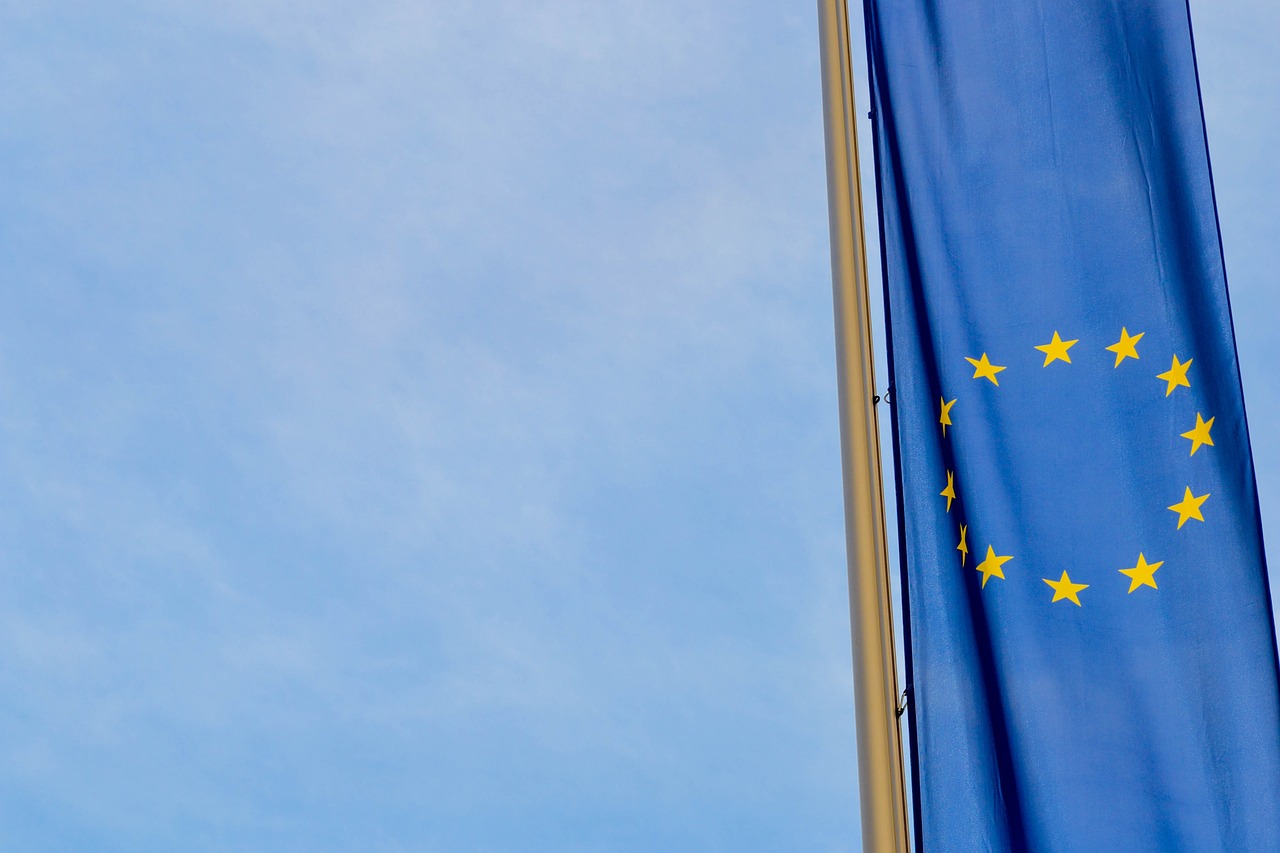
The US must concentrate on China and Asia because it’s the fastest rising challenge to the United States and the present world order, and because the Asia-Pacific is home to 60% of the global population and 70% of global economic growth. Therefore, US President Donald Trump is right to seek peace with Russia and some kind of settlement in the Middle East. America doesn’t have the brainpower, let alone the resources or the military capacity, to cope effectively with Europe and the Middle East, in addition to Asia. Russia, with all its issues, is in many ways far less troubling than China in Asia for both Europe and the United States.
However, the US can’t forget it’s walking a very fine line. For centuries, Europe was the most belligerent part of the world. It was twice the main battlefield of world wars that left the Earth soaked with unprecedented amounts of blood. The slaughter was so huge and cruel that it scared Europeans to the point of wanting to emasculate themselves of the ghost of war. Haunted by those massacres, Europe was in peace for decades. Russia, which paid the highest price in World War I and World War II, was one of the least eager to plunge again into a fight. These are only memories, however. The hungry European ghouls of war are back again, right from Russia. The right and reasonable requirements to increase defense spending to 5% of European GDP greenlight the return of a bellicose Europe.
Trump is right. The dream of eternal peace is just that—a dream. However, because Europe is a tested nightmare that could wipe out civilization, seeking peace with Russia shouldn’t mean giving a pause to Moscow to prepare for larger and bloodier wars.
Vance
US Vice President JD Vance is right—democracy is more important and should be stronger than interference from foreign powers. Freedom involves tolerance of opinions we don’t like, so the German hard right from the AfD should have a legitimate right to run and also win in elections. However, there’s a fine line to walk here. Europeans concerned about the hard right aren’t crazy. Mussolini and Hitler a century ago worked through democratic elections and then subverted them, as did communists after WWII.[1]
What is at stake is the ability of democratic systems to withstand the new, more sophisticated onslaught of undemocratic powers that forbid freedom of speech at home but use freedom of speech abroad as a weapon against free countries. Democracies must be tolerant of different views, but it would be unreasonable not to be wary.
The EU
The EU must be a partner in facing the China challenge; it can’t run under the skirts of nanny US and then complain it’s stuffy and there is no air under those skirts. It’s a complicated time. Talking frankly is always important, and now it’s vital. The US didn’t experience fascism a century ago, and US institutions haven’t had the worm of tyranny wiggling through their veins, turning the country into a dictatorship and throwing the world into unprecedented wars. Europe had it.
Europeans are thus wary of reports about “a freeze on as much as $3 trillion in federal spending, the termination of the 14th Amendment’s guarantee to birthright citizenship, the firing of civil servants before the end of their statutorily defined terms… and the turnover of sensitive data and systems to a newly minted quasi-agency headed by Elon Musk.” [2]
Here lies the rub. Europeans need more time to understand and feel the American concerns. But the US feels there is no time, as it’s in a race against time concerning China. Europe must be secured while Washington concentrates on Asia.
Yet, Europe doesn’t feel the American urgencies. As Europe must be ready to defend itself and go to war if asked, the hard right, readier to fight than the other European “softies,” might deliver. Plus, the hard right, chafing under the EU restrictions, doesn’t have the centrist ambitions of an EU defense pulling out of NATO, which would be another problem facing China.
The US can’t change its course. Can centrist Europe adapt enough to American urgencies to recover a strong entente with Washington and thus also undercut the rise of the intolerant hard right? The sooner the Russia peace deal in Ukraine materializes, the sooner Europe should get its act together. Apparently, Trump has a plan: talk to Russia and loop in China, the main industrial and economic supporter of Moscow. It’s a very delicate balance and a bold bet.
If the Russia peace deal gets stuck, Europe may have more time, but so would China in Asia, creating different transatlantic problems.
[1] see also https://www.appiainstitute.org/articles/china/religion/intolerance-for-intolerance/
[2] https://www.nytimes.com/2025/02/15/us/constitution-crisis-trump-judges-legal.html?smid=nytcore-ios-share&referringSource=articleShare










European Union: Understanding US-China Concerns - SettimanaNews